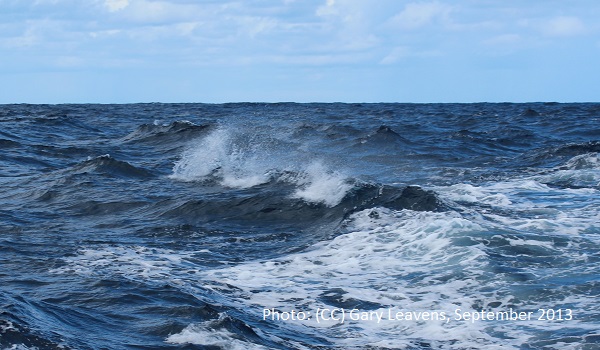Four dead bodies were found onboard a boat carrying 47 people, landing in Tenerife on 5 January. 15 people lost their lives on 23 December after authorities failed “to act quickly” to alerts of a boat in distress in Spanish waters. Concern over conditions for 2,500 children in the Canary Islands.
A boat carrying 47 people of sub-Saharan origin including 17 youth believed to be children landed on El Cabezo beach in southern Tenerife on 5 January. Four had died prior to arrival and three were hospitalized with burns and other injuries. On 23 December the NGO hotline Alarm Phone alerted Spanish and Moroccan authorities to a boat in distress inside Spanish territorial waters. According to Alarm Phone authorities failed to act quickly and 15 of the 59 people onboard are feared drowned while 44 survivors were returned to Morocco. On 6 January, Salvamento Marítimo rescued 125 people in distress on high sea south of Gran Canaria, who were travelling in three wooden boats. None had to be hospitalised.
Save the Children estimates the number of children staying under the minors’ protection system of the Canary Islands to be 2,500 in early 2021, up from less than 400 in 2019. According to the organisation: “The quick nature of the necessary response has led to the worsening of the living conditions as well as the reception and the protection children are receiving right now. The minors’ protection system of such a small territory like the Canaries is unable to cope with such a rapid increase in arrivals. Without additional support, it cannot provide adequate reception and assistance to these children because it doesn’t have enough resources or centers to receive them”. The organisation underlines the very diverse quality of accommodation and the fact that some children suffer from shock, trauma, poor physical condition and injuries.
Nearly 7,000 migrants remain housed in hotels and apartments in southern Gran Canaria, and only one of seven emergency camps is currently operational. Transfers to the camp located in Las Palmas and now hosting 260 people began in December. The Ministry of Migration ensures that additional emergency camps on space provided by the Ministry of Defense will be ready within weeks. Following threats by the local City Council of Mogán to sanction hotels housing migrants beyond 4 January, the regional government of the Canary Islands has authorised the use of hotels, apartments and other tourist facilities to accommodate unaccompanied minors.
According to the UN Refugee Agency (UNHCR) 41,094 people arrived to Spain irregularly in 2020, more than 22,000 to the Canary Islands. The Spanish NGO Caminando Fronteras estimates that almost 2,200 migrants died trying to reach Spain by sea in 2020, of which 1,851 (85 percent) died en route to the Canaries.
The Spanish government has announced the introduction of new border control measures including biometric corridors or facial recognition in cooperation with European Border and Coast Guard Agency (Frontex).
For further information:
- ECRE, Atlantic Route: Pier of Shame Dismantled after Ombudsman Denounces Human Rights Violations, December 2020
- ECRE, Atlantic Route: Containment, Return, Deterrence – Spain’s Response to Increased Sea Arrivals, November 2020
- ECRE, Atlantic Route: Alarm over Inadequate Reception as Arrivals to the Canary Islands Continue to Increase, November 2020
- ECRE, Atlantic Route: Arrivals Continue, Miserable Conditions at Arguineguín Pier, Ombudsman Investigating Lack of Legal Assistance, November 2020
- ECRE, Atlantic Route: People Face Death at Sea and Miserable Conditions upon Arrival in the Canary Islands, High Prosecutor’s Office Prohibits Separation of Children, October 2020
- ECRE, Atlantic Route: Arrivals in Canary Islands Continue to Rise, more than 1,000 People Cramped at Arguineguín Pier, Children Separated from their Parents for Months in Order to Prove Kinship, October 2020
- ECRE, Spain: Exponential Increase in Arrivals in the Canary Islands, Capacity Stretched, Intense Rescue Activity in Spanish Waters, October 2020
- ECRE, Spain: Surge in Arrivals via the Atlantic Route, Devastating Conditions in Melilla Continue, People Rescued South of Granada, September 2020
- AIDA, AIDA 2019 update: Spain*, April 2020
- ECRE, Op-ed: Cooperation with Morocco in the EU’s African Border – a laboratory of externalization, January 2018
Photo: (CC) Gary Leavens, September 2013
This article appeared in the ECRE Weekly Bulletin. You can subscribe to the Weekly Bulletin here.

